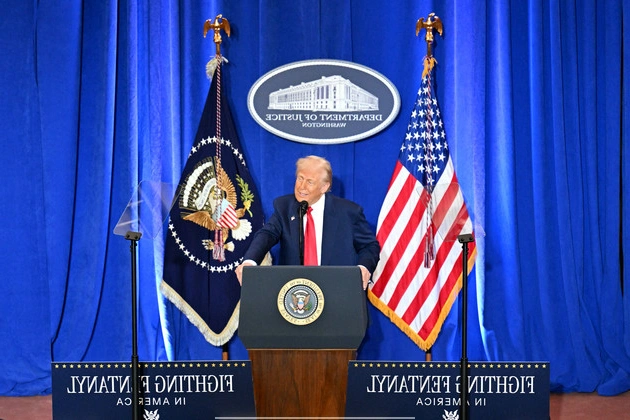
President Donald Trump has escalated his campaign against prominent law firms with a new executive order aimed at Paul, Weiss, a New York-based firm. This move follows similar actions against Perkins Coie and Covington & Burling, raising concerns within the legal community.
Trump’s Executive Orders and Their Impact
The recent executive order seeks to suspend security clearances for attorneys at Paul, Weiss, restricting their government access and job opportunities. This marks the third targeted effort against major law firms, signaling a contentious relationship between the administration and legal entities.
Resistance and Solidarity
Reports indicate that some top law firms are contemplating public support for their peers under attack. However, private apprehensions persist as firms fear potential repercussions from the administration.
Legal Controversies and Retaliatory Measures
Aside from law firms, Trump’s order also singles out attorney Mark Pomerantz, labeling him as an “unethical attorney.” This action stems from Pomerantz’s prior investigations involving the president, highlighting the intertwining of legal disputes and political vendettas.
Trump’s combative rhetoric and retaliatory stance have reverberated within legal circles, with implications for attorney-client relationships and constitutional rights.
Constitutional Challenges and Judicial Responses
Recent judicial rulings, such as U.S. District Judge Beryl Howell’s decision on the Perkins Coie order, have underscored constitutional concerns regarding the administration’s actions. Judge Howell’s assessment of retaliatory motives and First Amendment infringements sheds light on the legal battles surrounding these executive orders.
Looking Ahead: Legal Ramifications and Public Discourse
The evolving landscape of legal challenges and executive authority raises questions about the rule of law and the boundaries of presidential power. As legal battles unfold, the implications for attorney independence and governmental accountability remain paramount.











